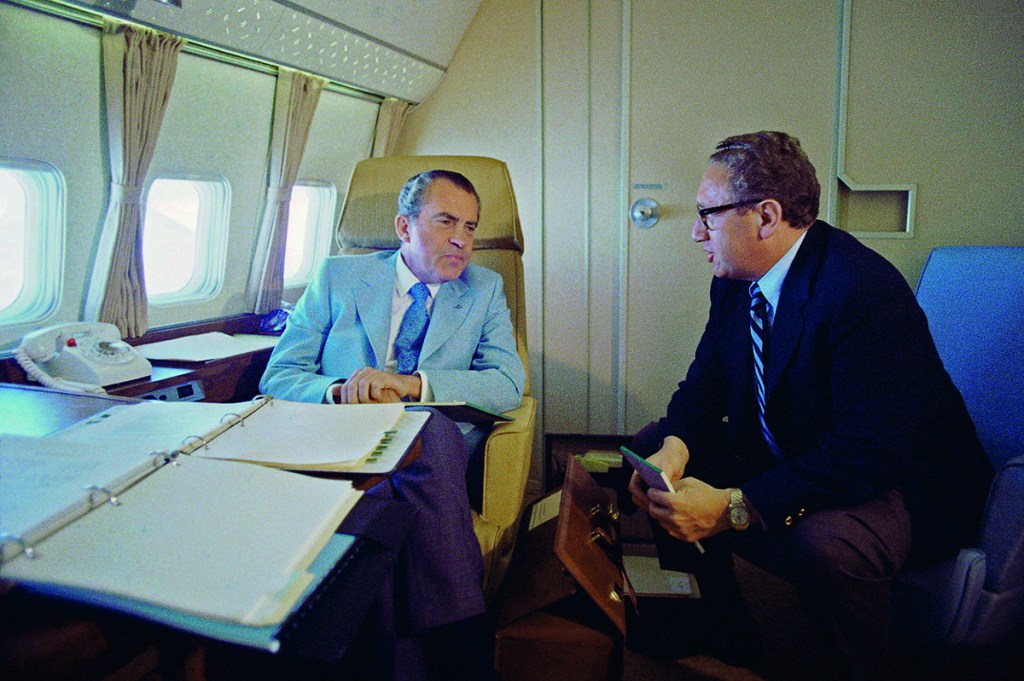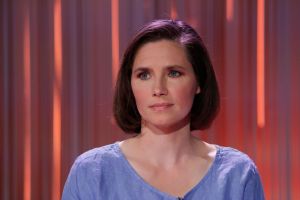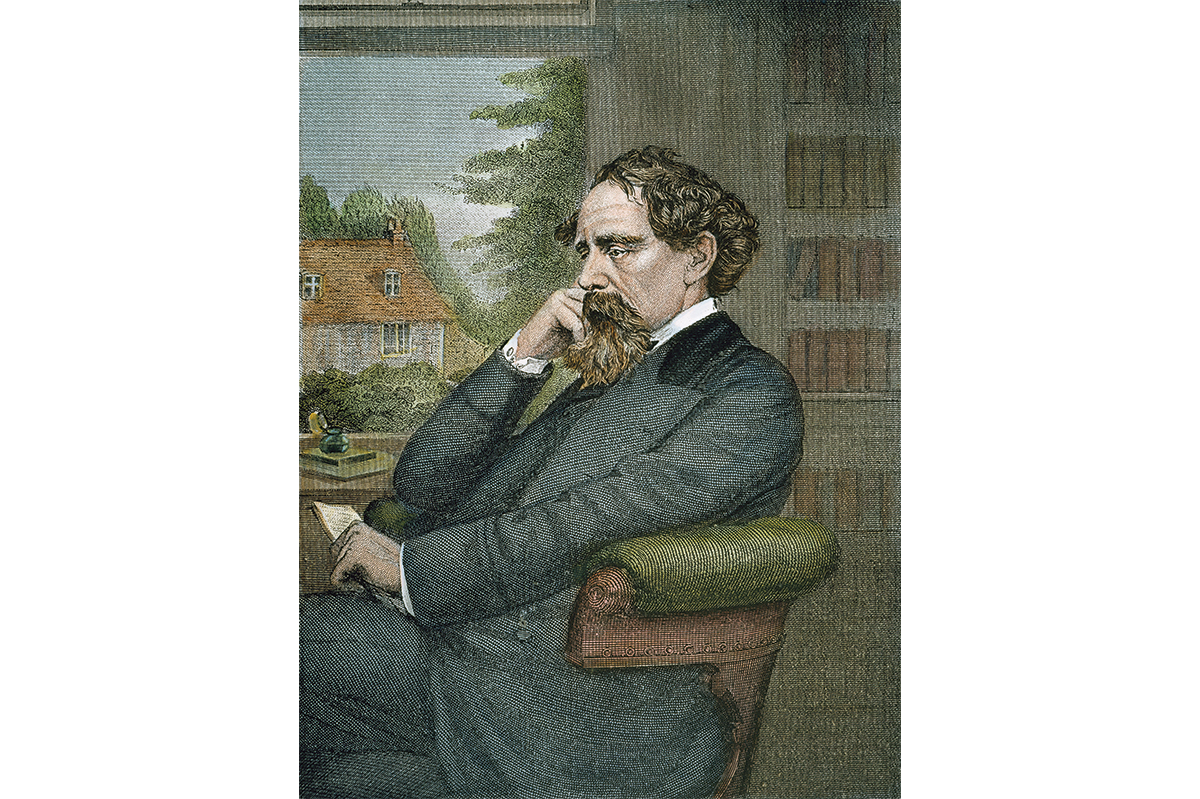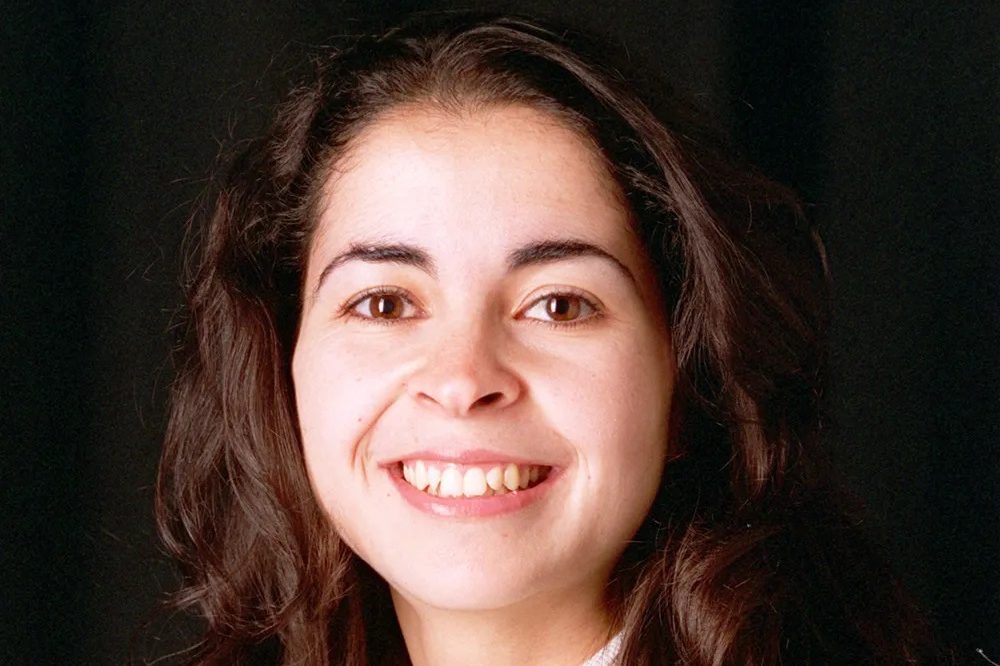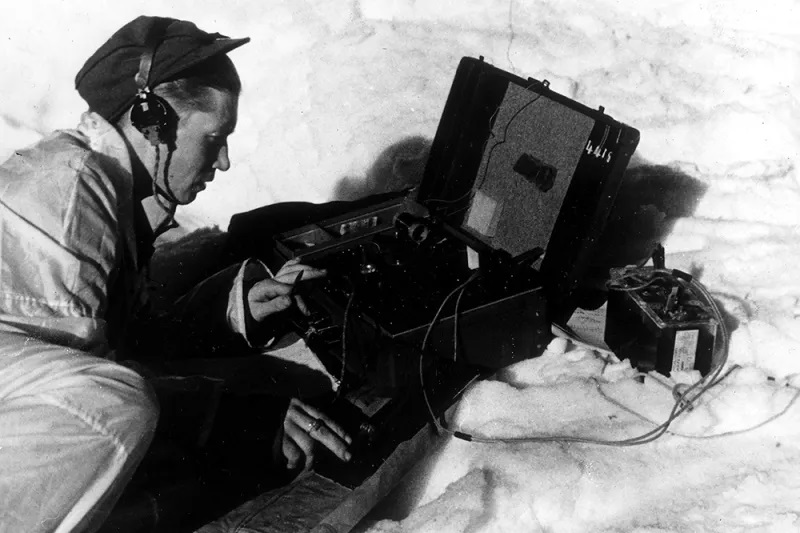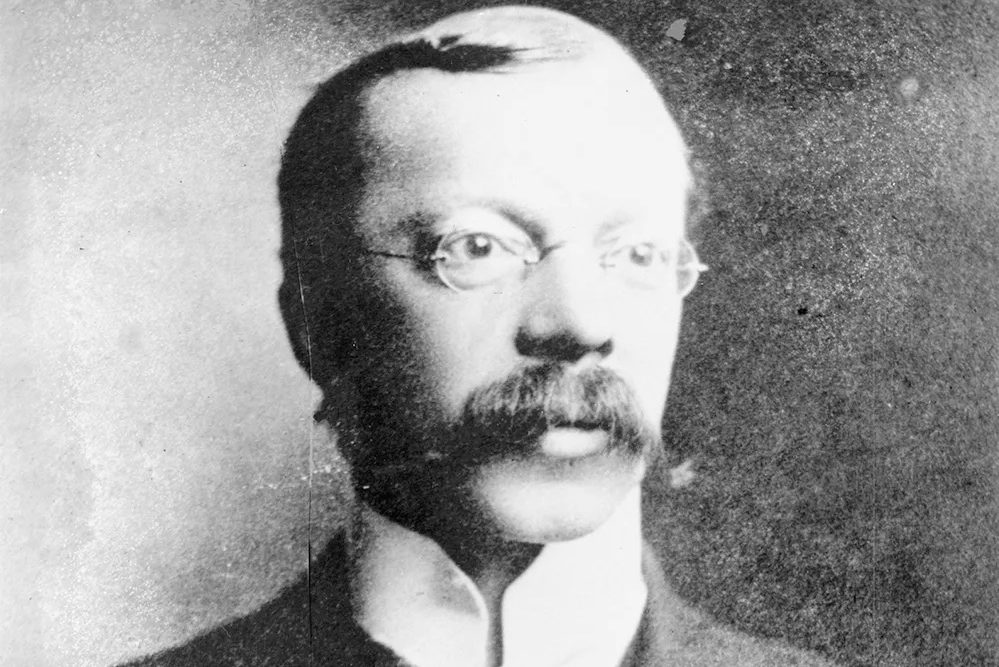Leadership, Henry Kissinger writes in his latest book, is a medium by which a society moves from the past of its memory to the future of imagination. It is “indispensable.” As Kissinger says, “Decisions must be made, trust earned, promises kept, a way forward proposed.” Without leadership, ordinary people are, he argues, incapable of “reach[ing] from where they are to where they have never been and, sometimes, can scarcely imagine going.” But leadership is also, in Andrew Roberts’s phrase, “a ‘protean’ thing with little fixed definition.” Leadership is ultimately what leaders do; it goes in whatever direction they choose.
Kissinger’s book is packaged like a treatise, but in practice it is a series of conceptual biographies: his subjects comprise Konrad Adenauer, Charles de Gaulle, Richard Nixon, Anwar Sadat, Lee Kuan Yew and Margaret Thatcher, about whom he writes well. His portrait of Adenauer is especially rich and moving — describing the old man’s bid to recover an almost vanished idea of a penitent, worthy Germany from a war the country forced upon the world.
It is only partially undone by a passage of lavish praise for Angela Merkel (who “stead[ied] her country through manifold crises, rais[ed] its purposes in a world of high technology and emerg[ed] as one of the principal leaders in the post-Cold War international order, fulfilling Adenauer’s dream of the future role of his country”). Her contemporary disgrace post-Ukraine might have occurred too recently for Kissinger to amend his praise of her following Adenauer’s foreign policy “morality.”
De Gaulle, in Kissinger’s telling, is a great man in part because he was infuriating. A man of national and personal arrogance sufficient to flee the fall of his country and maintain — almost entirely symbolically — a Free French government in exile despite having spent little time in government before. A man so providential that he saw it necessary to construct a deceitful idea of France liberating herself from fascism in order to give the country a fitting image of itself. “De Gaulle was seeking to transform, in the minds of his listeners, what was essentially an Anglo-American expedition into a singular French victory,” Kissinger observes. Yet de Gaulle allied this presumption with an uncanny capacity to predict the future, especially during the war, and unmatched political skill. One cannot deny the greatness in that.
On Nixon, however, the reader is apt to disagree. Kissinger — hardly an unbiased observer — considers Nixon brave and brilliant, and the Watergate business not a crime on the president’s part but a “tragedy.” Kissinger stands firmly behind Nixon’s embracing of Mao and Red China, too, something which looks less appetizing and farsighted with every passing year. His concession here is that “like every strategic success, [it] was not only a response to contemporary problems but also an ‘admissions ticket’ to future challenges” — the challenge to contemporary leaders being Chinese use of “high-tech weapons and radical improvements in artificial intelligence” and — as Lee Kuan Yew predicted — sharing the world with “a new superpower.”
On Nixon’s allowing the genocide in Bangladesh, and only grudgingly allowing India to step in and end things, Kissinger says they were petrified of stumbling into another world war — something Nixon and he prevented with “diplomacy, audacity and restraint.” Readers will judge whether this seems reasonable, or absurd.
Leadership is not devoid of pathos. The story of de Gaulle’s intellectually disabled daughter Anne, whom he loved so dearly, is well told here. “Without Anne,” Kissinger quotes de Gaulle telling another biographer, “maybe I never would have done what I did. She gave me the heart and the inspiration.” And Kissinger includes the affecting detail of Lee reading aloud the sonnets of Shakespeare to his dying wife, stricken with locked-in syndrome after two strokes, because she loved them so much in their youth. “Despite the absence of any evidence, he had faith that she understood,” Kissinger writes. “She keeps awake for me,” he quotes Lee telling an interviewer.
The book is tied up with broader lessons, some pertinent. En passant, Kissinger criticizes the Paris peace conference of 1919, which redrew Europe following the First World War, for “failing sufficiently to weaken the defeated parties to eliminate their capacity for revenge.” Contra Kissinger’s statements elsewhere, we must surely consider that description in relation to Russia, once its invasion of Ukraine is finally turned and beaten.
In his conclusion, Kissinger suggests our current leaders lack the self-assurance of aristocracy or the character derived from hard upbringings and the study of difficult books. The world they will run is more complicated, and more constrained by destructive technology, than many have the good sense so far to fear. They should yet study history and try their best to understand that power can be used for good or ill, with terrible consequences attending the latter.
At the age of ninety-nine, Kissinger may have written his last book. On and off, he worked on it for years. As an overarching study, it’s not the definitive statement on leadership his publishers clearly think it is. But for Kissinger the historian, it is a good summative note, and as a collection of great lives, his biographies sparkle nicely.
This article was originally published in The Spectator’s August 2022 World edition.



